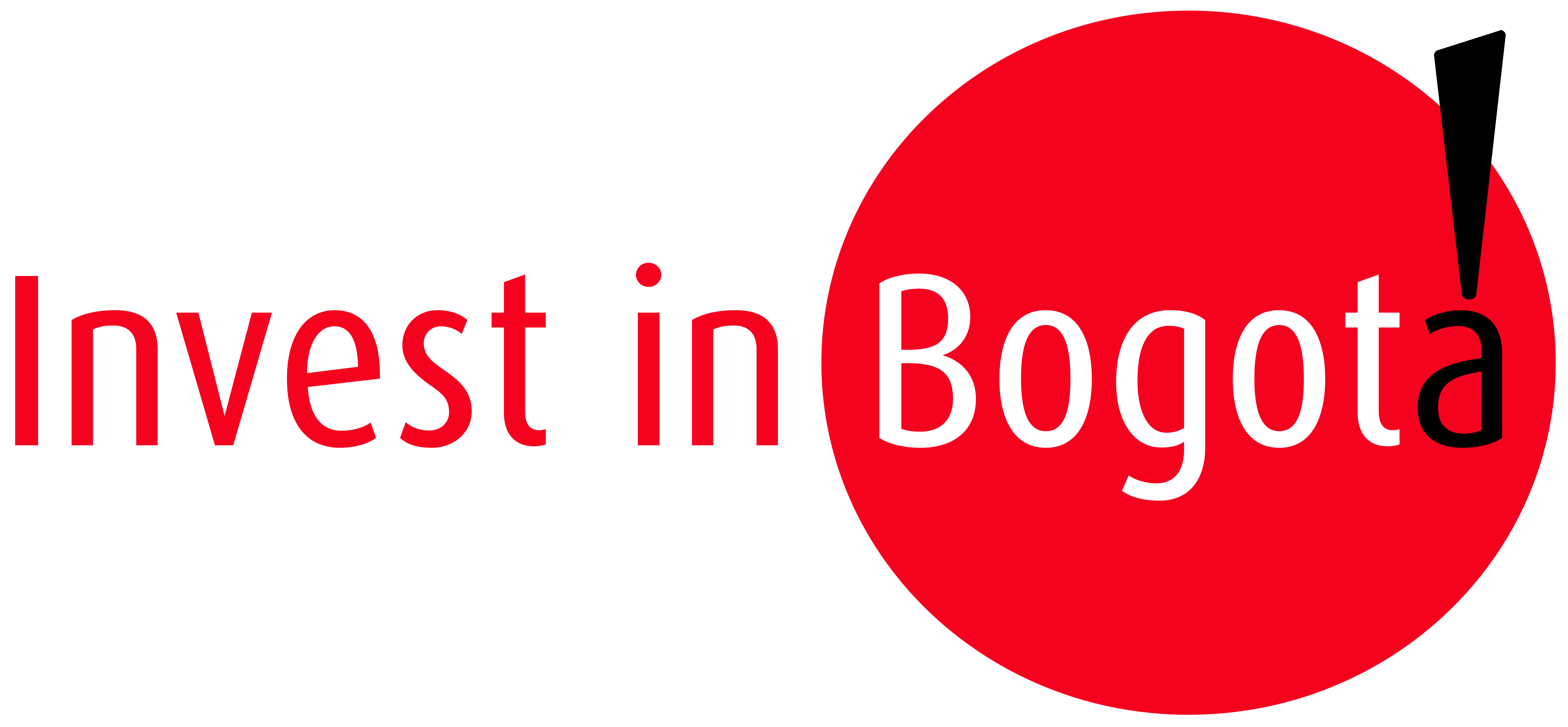Creado por

How to Contract with the Colombian Government
¿Qué reglamentación existe para contratar con el Estado colombiano?
Juan Manuel Díaz, socio de la de abogados Cremades y Calvo Sotelo, presenta el capítulo “Contratación Estatal” de la Guía de Inversión Extranjera de Bogotá.
En Colombia existe un marco normativo estable frente a la contratación estatal, el cual busca incluir mejores prácticas de compras, el acceso de la tecnología a los procesos de selección y medidas que buscan evitar la corrupción.
El régimen legal de la contratación estatal está contenido en distintas normas; las principales son la Ley 80 de 1993 y la Ley 1150 de 2007. Este régimen dispone que todos los procesos de selección son internacionales y permiten la participación de compañías extranjeras sin importar su nacionalidad.
Debido al grado de especialización que se espera de los proponentes, las compañías suelen asociarse para poder alcanzar los requisitos técnicos o logísticos necesarios para llevar a cabo la labor contratada. Por lo tanto, en los procesos de contratación estatal existen las figuras de consorcios y uniones temporales que permiten la asociación de empresas, con el fin de presentarse a procesos de selección puntuales.
Los procesos de contratación estatal se manejan a través del Registro Único de Proponentes (RUP), en el que los interesados incluyen su información societaria, financiera y de experiencia para que las entidades estatales puedan verificar la capacidad jurídica, capacidad de organización y experiencia de todos y cada uno de los proponentes que presenten oferta en un proceso de contratación.
La herramienta en línea por excelencia para la consulta de procesos es el SECOP II, que corresponde a una plataforma en la cual las entidades estatales publican información de los procesos de selección.
- Para el régimen de contratación estatal es indispensable consultar el régimen de inhabilidades e incompatibilidades que puede impedir el concurso de ciertas personas naturales o jurídicas.
- Los procesos de selección incluyen dos tipos de requisitos: los habilitantes y los puntuables.
- Las Asociaciones Público Privadas son un instrumento de vinculación de capital privado, que se materializa en un contrato entre una entidad estatal y una persona natural o jurídica de derecho privado, para la provisión de bienes públicos y de sus servicios correspondientes. La esencia de este tipo de figura es la eficiente asignación de riesgos entre las partes y los mecanismos de pago relacionados a la disponibilidad y el nivel de servicio de la infraestructura y/o servicio.
Conozca más sobre este tema
Descargue el capítulo completo
Descargue la guía de inversión donde podrá entender más sobre generalidades, principios, clases de inversión extranjera, instrumentos internacionales para la protección de la inversión extranjera, entre otros temas.


Cremades & Calvo - Sotelo
Una firma que pone a disposición de los clientes un equipo de juristas de probada competencia y experiencia en las diferentes ramas del Derecho, complementado con un profundo conocimiento de la realidad de los negocios y de sus industrias.


